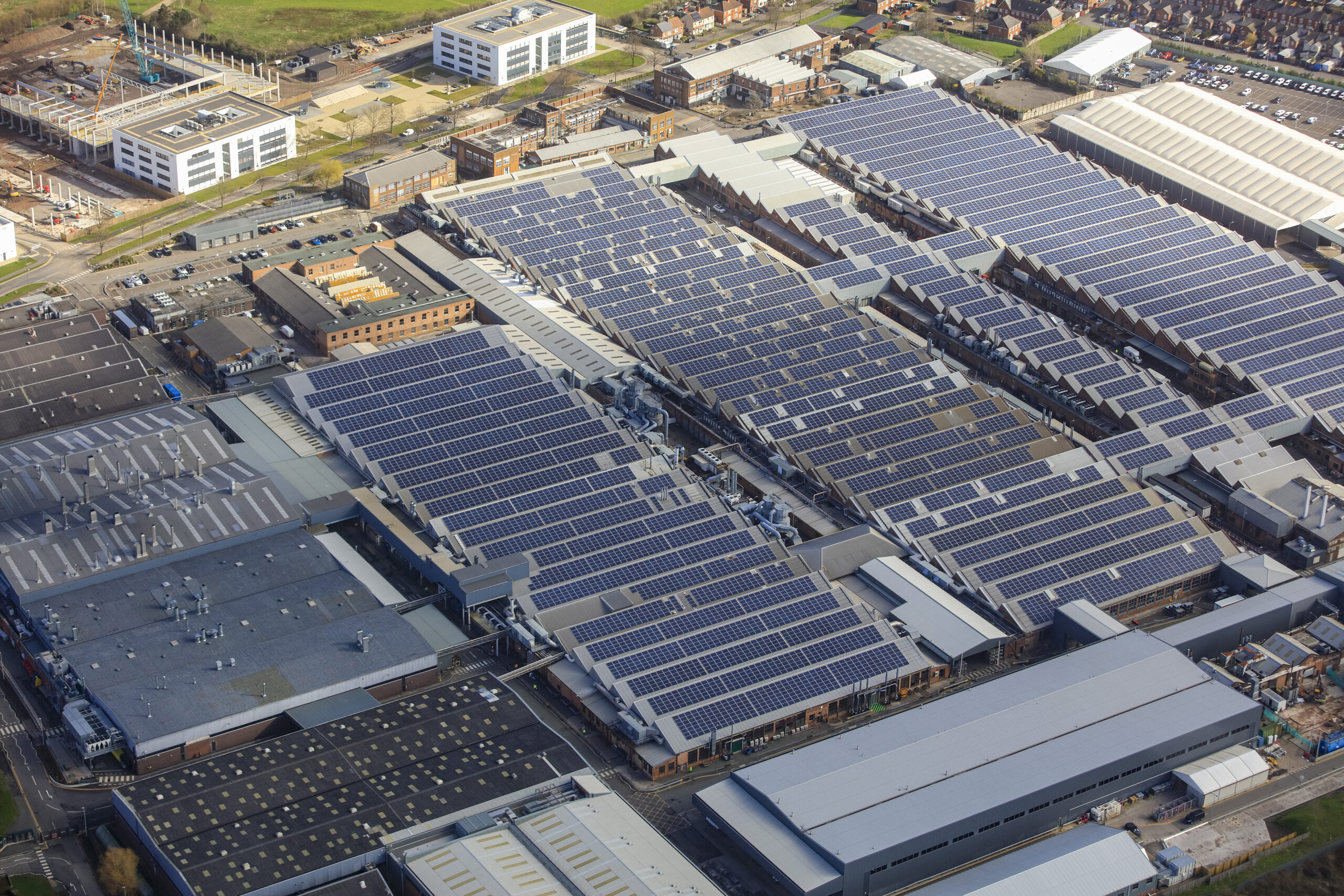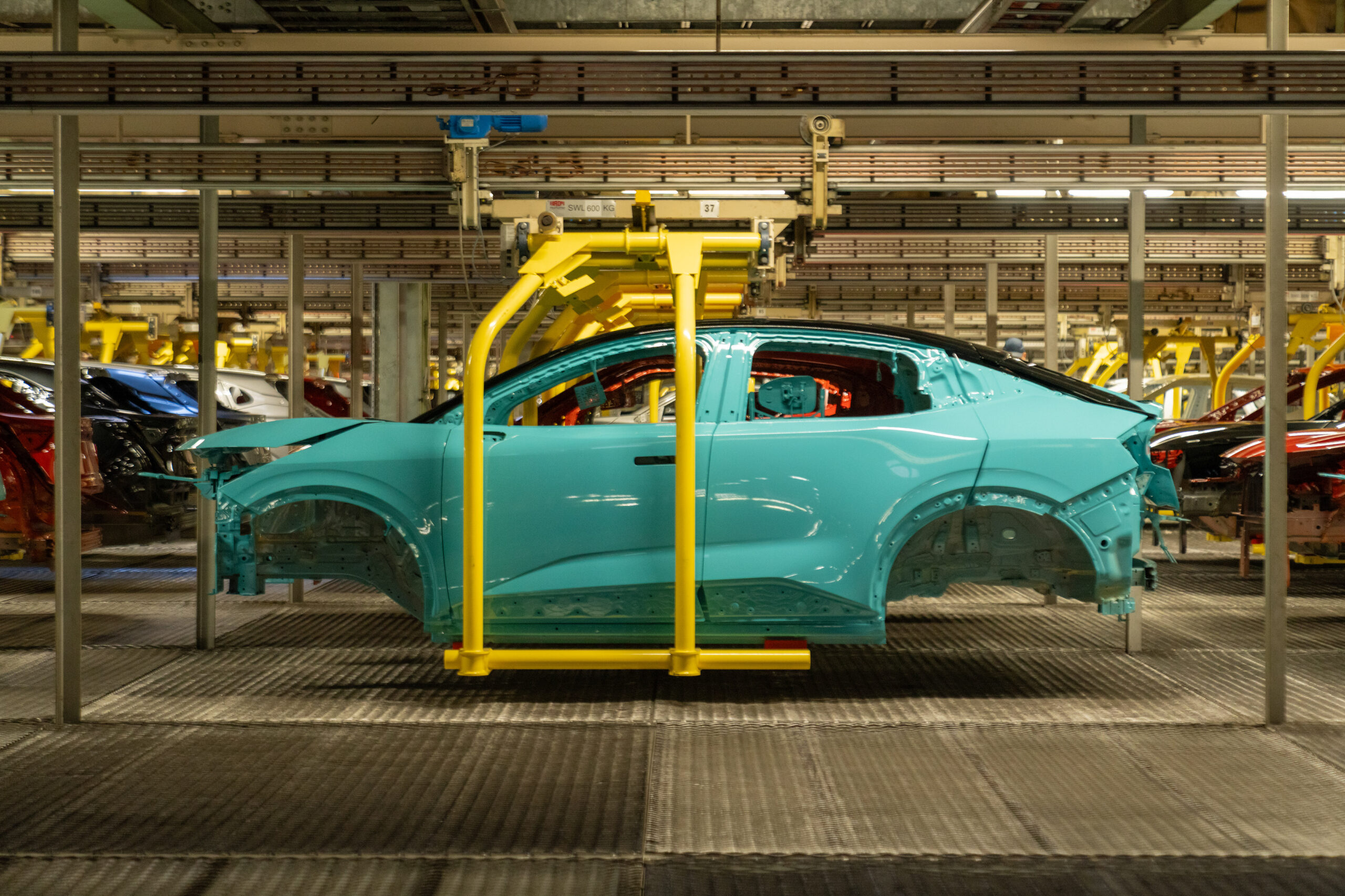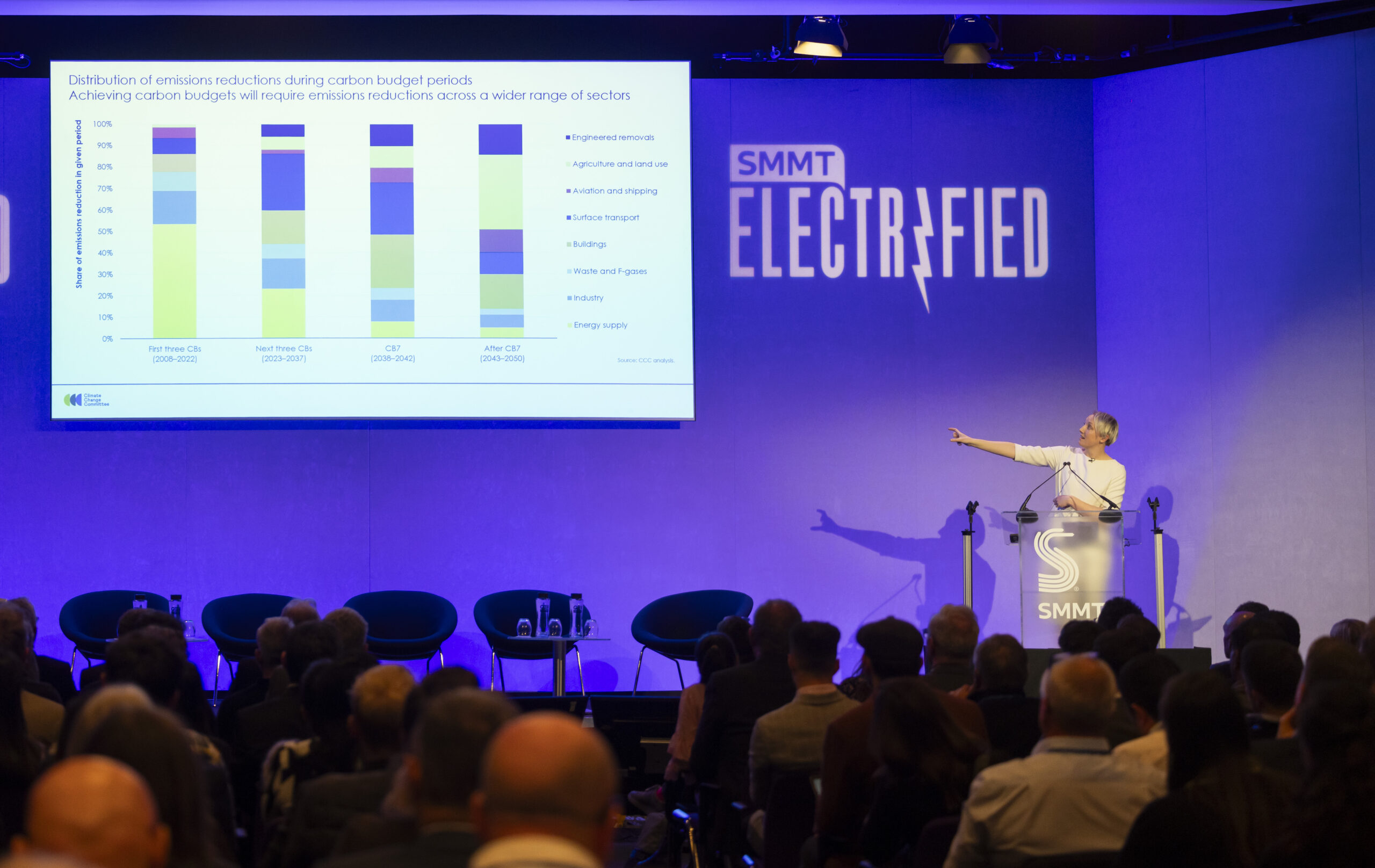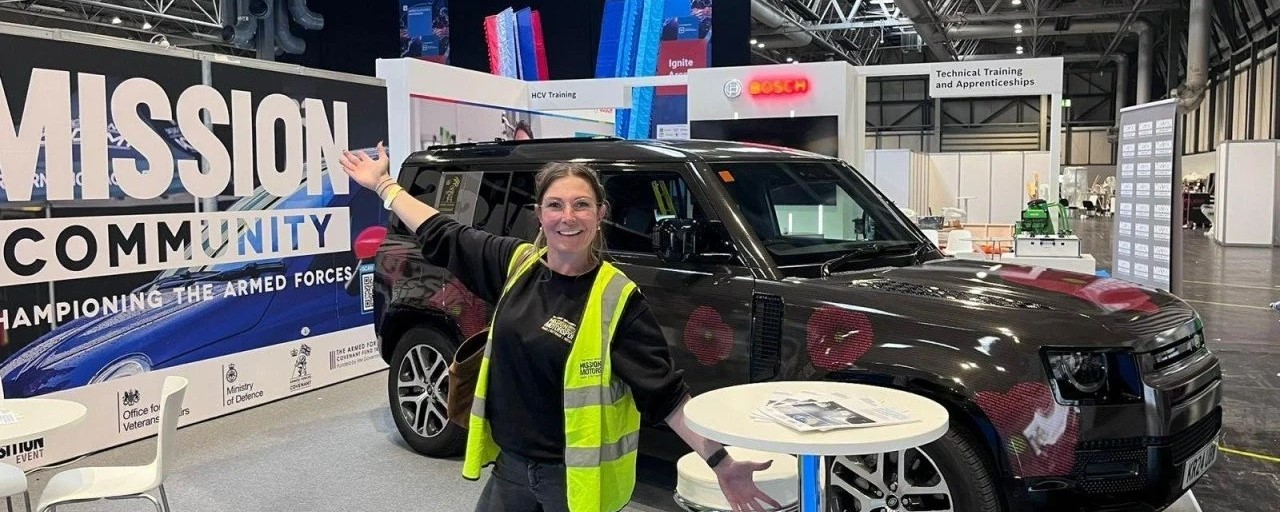
The automotive industry is changing more rapidly than at any time in the past century with the move to electrification – and similarly fundamental changes are taking place in the UK’s electricity system, just as both industries are becoming increasingly interlinked. Indeed, over the next decade, the bulk of the burden of the UK’s carbon cutting will fall on road transport, according to the Climate Change Committee 7th Carbon Budget – which will only be possible if the automotive industry can access more affordable, renewable/zero carbon electricity.
A transformation of electricity grid connection processes will be needed, to enable the quick delivery of necessary infrastructure, as well as government measures to bring down the cost of electricity now and in the long term. Such steps would improve the competitiveness of the UK automotive industry but also to provide a clear incentive for consumers to switch to electrified vehicles. The automotive industry is committed to decarbonising industrial practices and products, but this will be impossible without prompt access to affordable, stable supplies of clean electricity and strong consumer demand.
The automotive sector must be seen as a key delivery partner of decarbonisation. Solutions should be developed in collaboration with the industry, which will provide better outcomes for consumers. When traditional industries are changing, traditional ways of doing things must also change and silos broken down to open up new benefits – which automotive can provide to the electricity system and vice versa.
SMMT believes that smart charging, Vehicle to grid (V2G) and Vehicle to everything (V2X) applications can play an important role in flexible electricity systems in the UK but they must work for consumers, and the consumer must have ultimate control over this. This means that it must be easy for consumers to understand and use, with appealing tariffs and ready support available. For vehicles to be an asset to the grid, consumers must be given transparent information and market mechanisms in which to engage with flexible markets.
Consumers must be central to this transition – they need to be engaged and empowered to control their electricity usage. Therefore, engagement and education are crucial. The public needs access to transparent and clear sources of information, to educate and support them on the transition – not just to zero emission vehicles but smart electricity systems more broadly.


